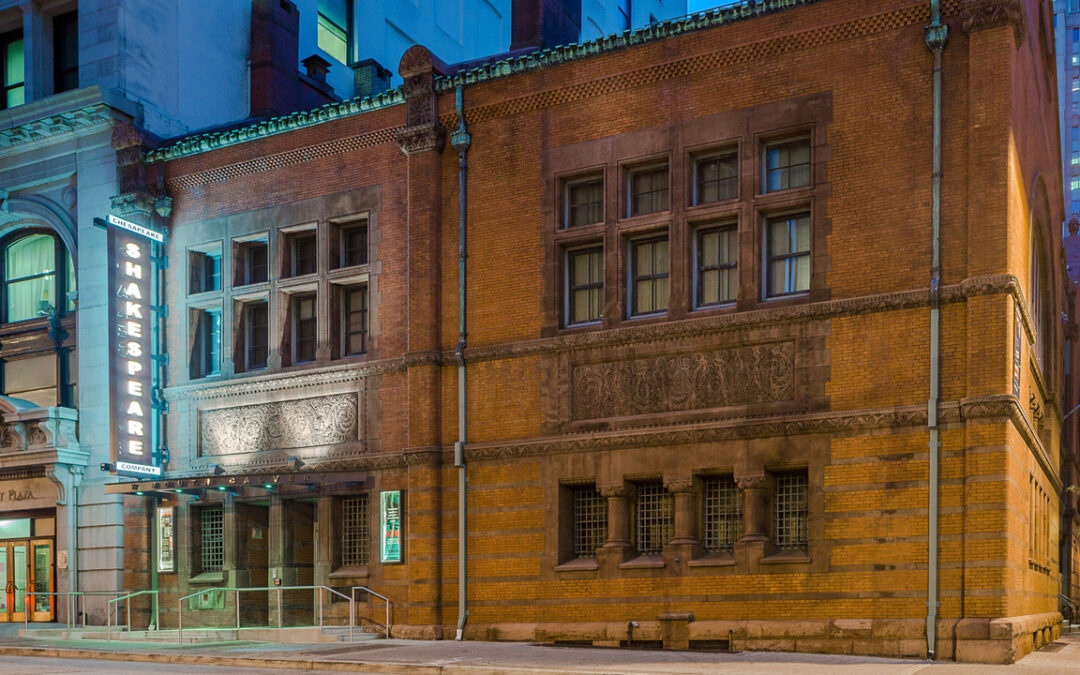Last week, I wrote about the untimely death, due to Covid, of my play, The Grace of God & The Man Machine, just before its Off-Broadway debut, but I also wrote about its planned rebirth on Monday, June 12th at 7pm at the Chesapeake Shakespeare Studio Theatre in Baltimore’s financial district.
This week, I wanted to share the history of where the play came from over 50 years ago. (You have marked your calendar for Monday night, June 12th, right?)
In the summer of 1967, I was a teenage boy who travelled for the first time down south from my home in Massachusetts to the eastern shore of Maryland. Less than a month later, not far from Easton, where I was staying, the civil rights riots in Cambridge, Maryland exploded late that July, when H. Rap Brown, head of the Student Nonviolent Coordinating Committee, had been invited to lead a peaceful protest in support of the Civil Rights Act of 1964, which had not been recognized down in Cambridge.
Activist Gloria Richardson, who had invited Rap to speak, admitted later that he went beyond the assigned bounds, but also asserted that the black neighborhoods were set on fire in retaliation, and the white-operated fire trucks refused to put out the fires.
Shortly thereafter, Governor Spiro Agnew went down to Cambridge and chastised the black population for lighting their homes on fire. Agnew got national headlines and, as a result, Richard Nixon asked him to be his running mate in the upcoming presidential elections.
Within the first two days, I knew I was an outsider. The blacks in Easton would not make eye contact with a white boy whose hair was a little longer than the buzz cuts of his contemporaries in Easton. When I was invited to swim at the Easton Country Club, the lifeguard rushed over to stop me, saying if I wanted to swim there, I would have to wear a bathing cap.
I looked around. Not even the girls swimming in the pool were wearing bathing caps. I felt uneasy.
That afternoon, I tasted Chesapeake Bay blue crab for the first time at The Crab Claw restaurant overlooking the Bay. My host, a local doctor, snapped his fingers and used the N-word to call the waiter to bring more crabs and more beer as the afternoon progressed. I felt very uneasy. Similar experiences leading up to the riots that steamy July never left me.
I was forever changed by these experiences and this play came from the scars that were left more than 50 years ago.
Several months ago, after the Off-Broadway run was cancelled, I got an unexpected phone call from Steve Eich, telling me that he had read the play and he would like to talk.
Steven Eich is a remarkable figure in American theatre. Years ago, I had been fortunate to have bought a single ticket to see his Broadway production of The Grapes of Wrath, which had just received a Tony Award for Best Play.
- Steve has been Managing Director of the Steppenwolf Theatre in Chicago, 1979–1995.
- Managing Director of Geffen Playhouse in Los Angeles, 2000–2008.
- Executive Director of the Pasadena Playhouse, Pasadena, 2009–2012.
He has been an award-winning producer and director, whose credits include The Grapes of Wrath, Picasso at the Lapin Agile, Paul Simon’s The Capeman, The Trial of an American President, and Frank The Man, about Frank Sinatra.
Steve has been a great champion of the play, and wants to present it in the area where the events of the play took place. The goal of our June 12th reading is to find supporters and a venue for its future life. It’s going to be an exciting night, with a talkback afterward where you can meet Steve and the actors.
I would greatly appreciate it if you can help me spread the word. Feel free to like this post and share it, and I will see you there.
Chesapeake Shakespeare Studio Theatre
206 E. Redwood St.
Baltimore, MD 20212 (map).
Parking one block away at:
Arrow Parking, 204 E. Lombard St., Baltimore, MD (map).
Doors open at 6:15, performance begins at 7:00.

